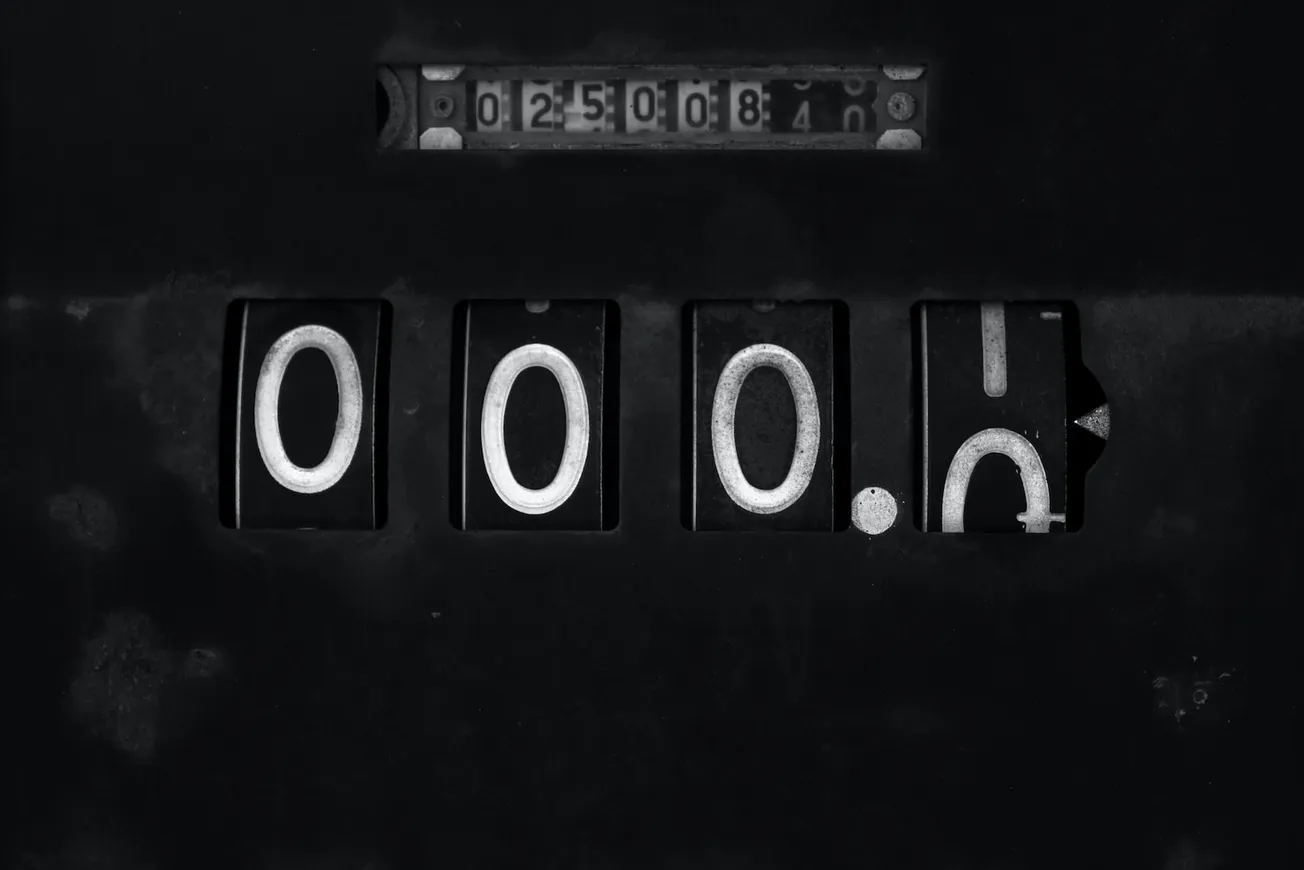Table of Contents
David Wojick
David Wojick, Ph.D. is an independent analyst working at the intersection of science, technology and policy. For origins see stemed.info/engineer_tackles_confusion. For over 100 prior articles for CFACT see cfact.org Available for confidential research and consulting.
I have a new study out, titled “Constraining Renewables is a National Need”, that provides a simple reason why net zero is impossible. It is simply impossible to provide enough energy storage to make renewables reliable.
The headlong rush to replace thermal power generation with renewables must therefore be constrained. Congress, FERC and NERC must act to prevent disaster
The full study is here: http://www.cfact.org/wp-content/uploads/2023/02/WOJICKREPORT.pdf
Here is my executive summary:
Renewables cannot be made reliable with storage so their penetration must be constrained and managed. The North American Reliability Corporation (NERC) must develop Reliability Standards to ensure that the reckless growth of renewables does not destabilize the grid.
Grid scale storage at the scale needed to replace fossil fuels with wind and solar is impossibly expensive. Even assuming fantastic price reductions, analysis shows the cost of the required battery storage still nearly equals the $23 trillion annual American GDP. The likely cost would be many times GDP. Clearly this is economically impossible. Despite this impossibility, present government policies and utility practices are driving toward massive grid penetration by renewables. This reckless drive must be properly constrained and managed, in order to protect reliability. American grid reliability must be maintained.
National grid reliability is the responsibility of NERC, under the direction of the Federal Energy Regulatory Commission (FERC). NERC develops and maintains Reliability Standards, which are approved by FERC. In order to constrain the reckless growth of renewables, NERC must now develop Standards that govern their penetration of the grid.
We now know that the battery storage for the entire American grid is impossibly expensive, thanks to a breakthrough study by engineer Ken Gregory. Looking at several recent years he analyzed, on an hour by hour basis, the electricity produced with fossil fuels. He then calculated what it would have taken in the way of storage to produce the same energy using wind and solar power. He did this by scaling up those years’ actual wind and solar production.
Based on his work, which only covered 48 states, our working estimate of the required storage is an amazing 250 million MWh. America today has less than 20 thousand MWh of grid scale battery storage, which is next to nothing. Grid scale batteries today cost around $700,000 a MWh. For 250 million MWh we get an astronomical total cost of $175 trillion dollars just to replace today’s fossil fuel generated electricity needs with wind and solar. Even the fantastically low cost estimates that some people are proposing puts the cost around the total GDP of America. Even worse, if we get the electric cars the Biden Administration is calling for these astronomical numbers could easily double.
None of this impossibility is being considered in today’s reliability assessments. Not by the States, the utilities, NERC or FERC. Instead, throughout the country fossil fuel power plants are being replaced by wind and solar, without the required storage. The reason is obvious, namely the necessary storage is impossibly expensive.
As a result America’s grid is steadily becoming more and more unreliable. The grid is sick and getting sicker. The obvious solution is for NERC to issue Reliability Standards to constrain the growth of renewables. So far NERC has simply ignored this progressive loss of reliability. NERC needs to be redirected, either by FERC or Congress. In fact FERC is developing an order to NERC on the topic of renewables and reliability. But that order does not address the storage issue at all. It only looks at things like momentary loss of power.
Congress and FERC must act to restore America’s grid reliability.
End of Summary.
Given this impossibility the interesting question is how and when it will manifest itself if nothing is done to constrain renewables? There are a number of unhappy possibilities. Major blackouts are one, but horrendous price spikes are another, witness the European case. Given the fundamental economic role of energy a deep depression is even possible.
It is likely that the electric utilities are already modelling this transition train wreck, but they are making too much money to admit it. Congress should ask them about that. See my prior study: “Dominion’s VCEA Compliance Plan is Disastrously Unreliable” at:
The power engineers must know that net zero is simply impossible.









